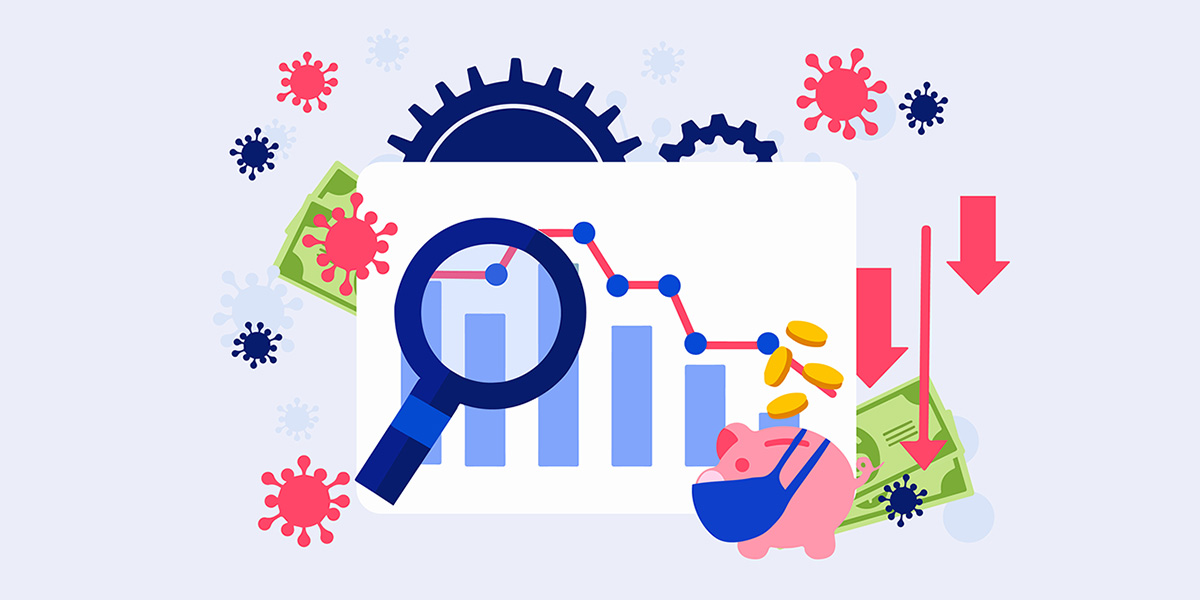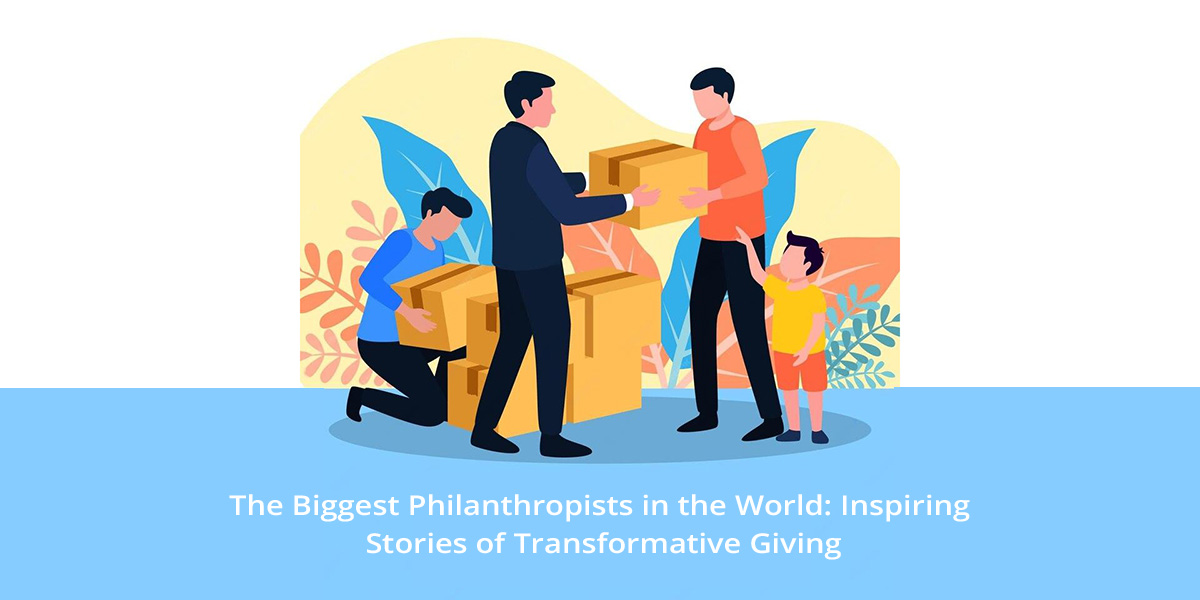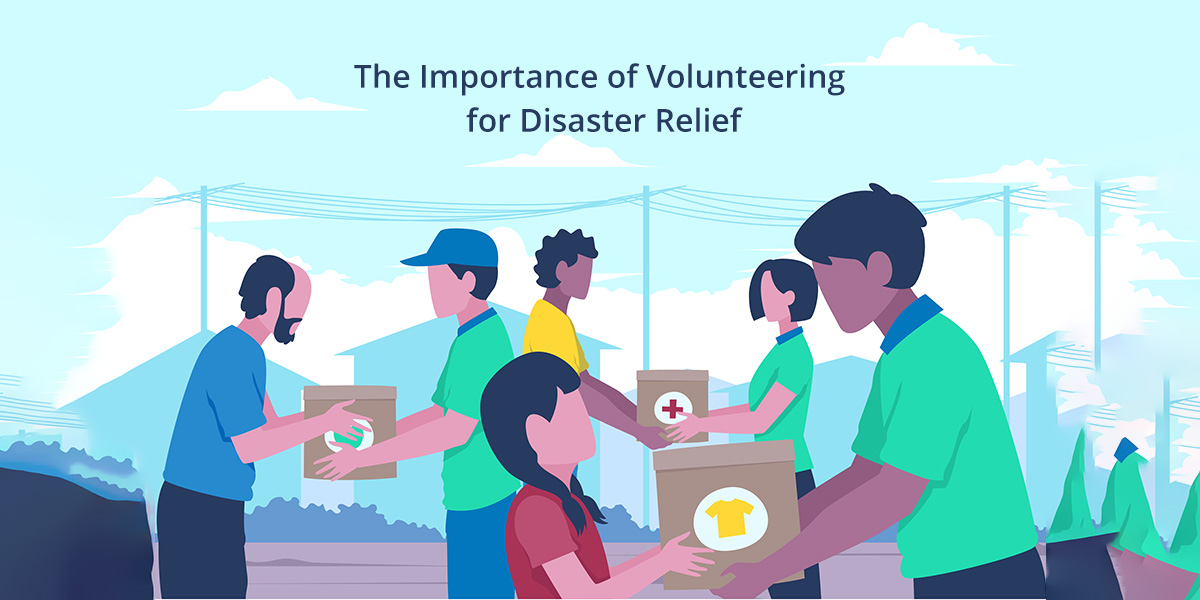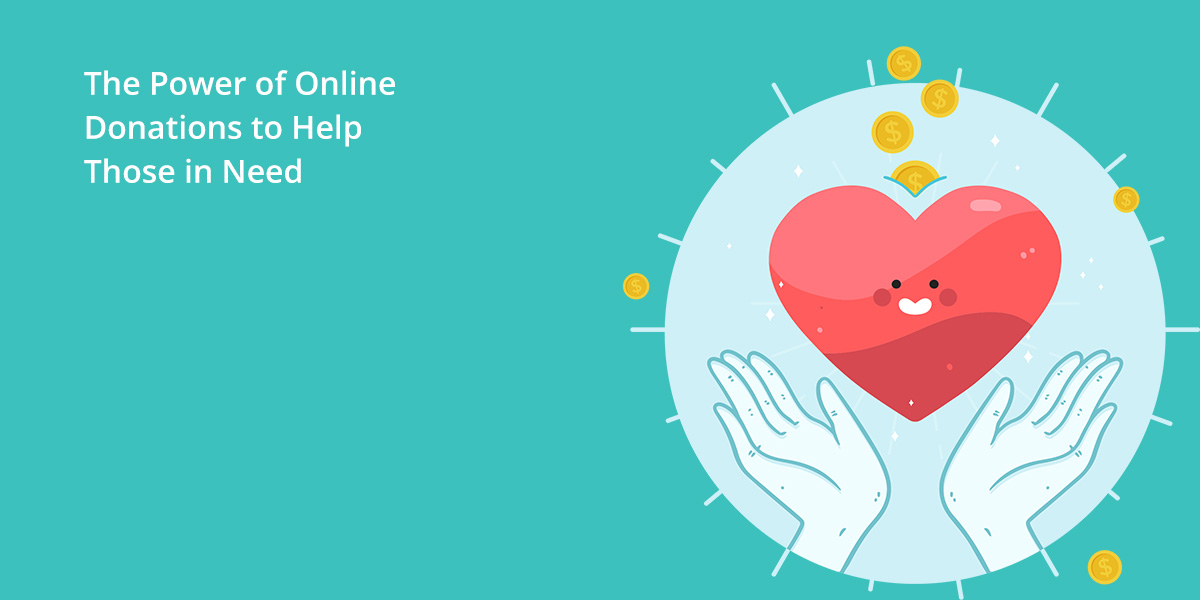Table of Contents
Impact of Covid-19 Pandemic on Society
This has become a journey to recovery and building resilience. According to the research by Ashoka University and India Development Review, 76% of the nonprofits surveyed are actively engaged in ongoing relief work, including dry ration and sanitation kits, community awareness, setting up health camps and isolation facilities, and offering rehabilitation of distressed communities. However, only about 70 percent of the nonprofits engaged in relief work have received additional funding specific to COVID-19; the rest are using their programmatic funding to finance relief work.
Vishesh Gupta (chairperson, Bharat [India] Soka Gakkai) said in one of the interviews that “a rise in domestic violence and other problems due to prolonged confinement at home is being noticed, increased unemployment and a sense of uncertainty about the future. And this may be a uniquely Indian situation, but most families in the middle class and above usually rely on domestic help, and they are now being forced to take care of household work themselves because of the lockdown. The unfamiliar burden is among the causes of domestic discord. Being stuck in their homes is increasing worry and anxiety for many, often leading to more severe forms of anxiety and depression. Indian society is going through major social and economic damage, which is likely to escalate going forward. That is exactly why it is crucially important to encourage and take care of our friends and fellow members with sincerity and compassion based on the writings of Dr. Daisaku Ikeda.”
Impact of Covid-19 on Education in India
The global pandemic has taken a massive hit on all the sectors of the economy. While it has been slightly easier for MNCs and professionals to adopt work from home as the new normal and continue business as usual, the times have been challenging for the education system around the world. With disruptions everywhere, several concerned scholars, citizens, politicians, and bureaucrats support the need for reimagining and reinventing the education system. The impact of COVID-19 will remain for years, if not longer. The new normal will be that significantly larger numbers of students will attend classes from home. While this trend was already on the uptick, it will receive a massive impetus because of COVID-19. The great thing is that India is well prepared to teach the lakhs of students at home. The country has one of the world’s most extensive 4G networks on the planet. In virtually every part of the country, there is 4G connectivity. Even more impressive is the fact that data is very affordable. Over such robust networks, classes can be streamed with ease. Students who learn in virtual classrooms will find that their learning experience is as good as or maybe even better than that of students who sit in classes. The hugely transformative power of virtual classrooms is their ability to bring an endless number of courses to students’ doorsteps.
An excerpt from the Chancellor’s Blog:
Time again for us to rethink and revisit our education system as we face the unprecedented disruption caused by the COVID-19 pandemic. As I keep saying our youth have been the most affected and higher education has been impacted in so many ways. REVA has no doubt aligned to online teaching and support and ensured learning was engaging; however, the greater challenge is yet to come. As the lockdown gets lifted in a phased manner, the onus of running education institutions and ensuring safety and security of students will reach an unprecedented high. This transition time will need all our synergies towards revisiting our value proposition and ensuring that we have the right strategies to deliver what we mean.
Read more here: https://reva.edu.in/cblogs/time-to-revisit
Impact of Covid-19 on Online Education in India
As proposed by Reva University on their blog, Education and E-learning–While the world that we live in has been evolving with time and technology, a few things have always been primarily ‘old school’, pun intended. Education and the way its imparted has always relied mostly on the traditional methods of classroom learning and teaching albeit with a comfortable integration of technology where and when required.
An integral approach was the most preferred, but the devastating effects of the pandemic has left educational institutions and educators with an immediate need to step up and change the way education is delivered to the students. The imperative nature of quality of education is something no one can compromise on and educational institutions in our country have seamlessly transitioned into e-learning and online teaching with the unanimous goal of students’ progress and uninterrupted learning. It would not be an exaggeration if one were to say that we embarked on e-learning within a very short time. The efforts of the educators who adapted to technology, video lessons and live classes online cannot be understated. With limited resources but enough passion, educators across the world have been striving hard and will continue to do to deliver quality lessons and education.
Impact of Covid-19 on Indian Economy
With most corporate (CSR) experiencing financial pressure and stepping back from regular communications, they fear significant declines in financial support from this source in the near future. Nonprofits primarily reliant on CSR funding seem to be in the most vulnerable position. The economic impact has been severe, forcing more than a quarter of the workforce out of their jobs. Millions of migrant workers had a lot of problems going back from the cities to their villages during the lockdown because they didn’t have money to buy food, they didn’t have the transport. Many of them traveled on foot till the government started making arrangements. The recent trend where renowned footballer Christiano Ronaldo innocently promoted water instead of spirited drinks especially in the times of this unprecedented crisis where people are more concerned about hygiene and health, market value has dipped $4 billion from $232 billion to $238 billion with this small gesture.
As directly derived from the Sage Pub journal,
It is suggested that the government should adopt a two-pronged approach to deal with the economic crisis. It will have to gear up its machinery to ensure a quick and strong recovery. First, these will involve major contributions from the central bank, the commercial banks, the financial institutions and other agencies in manoeuvring policies as per the demand of the situation. Second and importantly, it will have to motivate and involve the general public and private enterprises in responding to the situation. The mammoth nature of the problem warrants strong support from all the stakeholders. The government should make it pretty clear that everything should not be left to the government alone. A strong sense of responsibility will have to be inculcated amongst the general public, private enterprises, industrialists, workers and all other non-government stakeholders. There is a limit up to which the government alone can take on the fight. It is important, therefore, that the government initially only prepares other stakeholders for assuming a good amount of responsibility in taking on the recovery process.
Impact of Covid-19 on Human Life
The world today is faced with a complex set of urgent crises that can only be described as unprecedented in the history of humankind where millions have lost their lives. There is a huge amount of misleading information circulating online about COVID-19, from fake medical information to speculation about government responses. Hackers are also exploiting this situation with more than 16,000 new coronavirus-related domains registered since January 2020 as mentioned by WeForum. This is the time to extend our support.
The first is the determination never to leave behind those struggling in the depths of adversity, who find themselves isolated as our sense of crisis becomes increasingly normalized. Even as we work to develop a comprehensive response, we must always prioritize addressing the suffering of each of the many individuals whose lives are directly impacted. We need to strengthen our efforts to stop the spread of malicious misinformation and discrimination and to dispel the dark clouds of fear and anxiety seeded by the COVID-19 crisis, we must now rise to the challenge of anchoring a vibrant culture of human rights on our shared determination that no one’s dignity ever be denied, written in UN peace proposal by Dr. Daisaku Ikeda.
Impact of Covid-19 on Employment
While many people have been infected during this pandemic, with the infection rate continuing to rise each day, it is also troubling that millions have lost their jobs and livelihoods. When you lose your livelihood, the common tendency is to feel depressed, and if you have no apparent future prospects, you can easily become apathetic and despairing. If you’re able at such a time to remain filled with life force, energized, and ready to face the challenges before you, you can impart tremendous courage to others. Courage spreads with a ripple effect. Over the course of our lives, we are bound to face all kinds of adversity, not only natural disasters but things like bankruptcy, unemployment, illness, accidents and the deaths of loved ones. Unhappiness is not caused by adverse circumstances; it is caused by our own despair and negativity.
In the book ‘Poor Economics: A Radical Rethinking of the Way to Fight Global Poverty’, Massachusetts Institute of Technology professors Abhijit V Banerjee and Esther Duflo, co-winners of the 2019 Nobel Prize in Economics, note that “not only do the poor lead riskier lives than the less poor, but a bad break of the same magnitude is likely to hurt them more.” They stress that we should not blame those suffering from poverty for the situation they are in, emphasizing the need to always seek to appreciate the actual conditions in which people live.
One direction this could take is the development of new industries and the creation of job opportunities through transition to a green economy, scaling back military spending and allocating the resources saved to strengthening social protection systems, as mentioned by Dr. Daisaku Ikeda in UN peace proposal on working towards 2030 SDGs.
Summary
Covid-19 outbreak has made a significant impact on the mental health, education, and daily routine of students. The Covid-19 related interruptions highlight key challenges and provide an opportunity to further evaluate alternate measures in the education sector. The new policies and guidelines in this direction would help mitigate some of the negative effects and prepare educators and students for the future health crisis. Whether we win or lose is determined from now. All that matters is winning in the end. As we see an unprecedented number of people around the world confronted with acute distress and poverty because of the pandemic, it is imperative that we all deepen our compassionate understanding of their suffering, feeling it as our own as we embark together on the challenge to overcome this crisis.







Post a Comment
You must be logged in to post a comment.